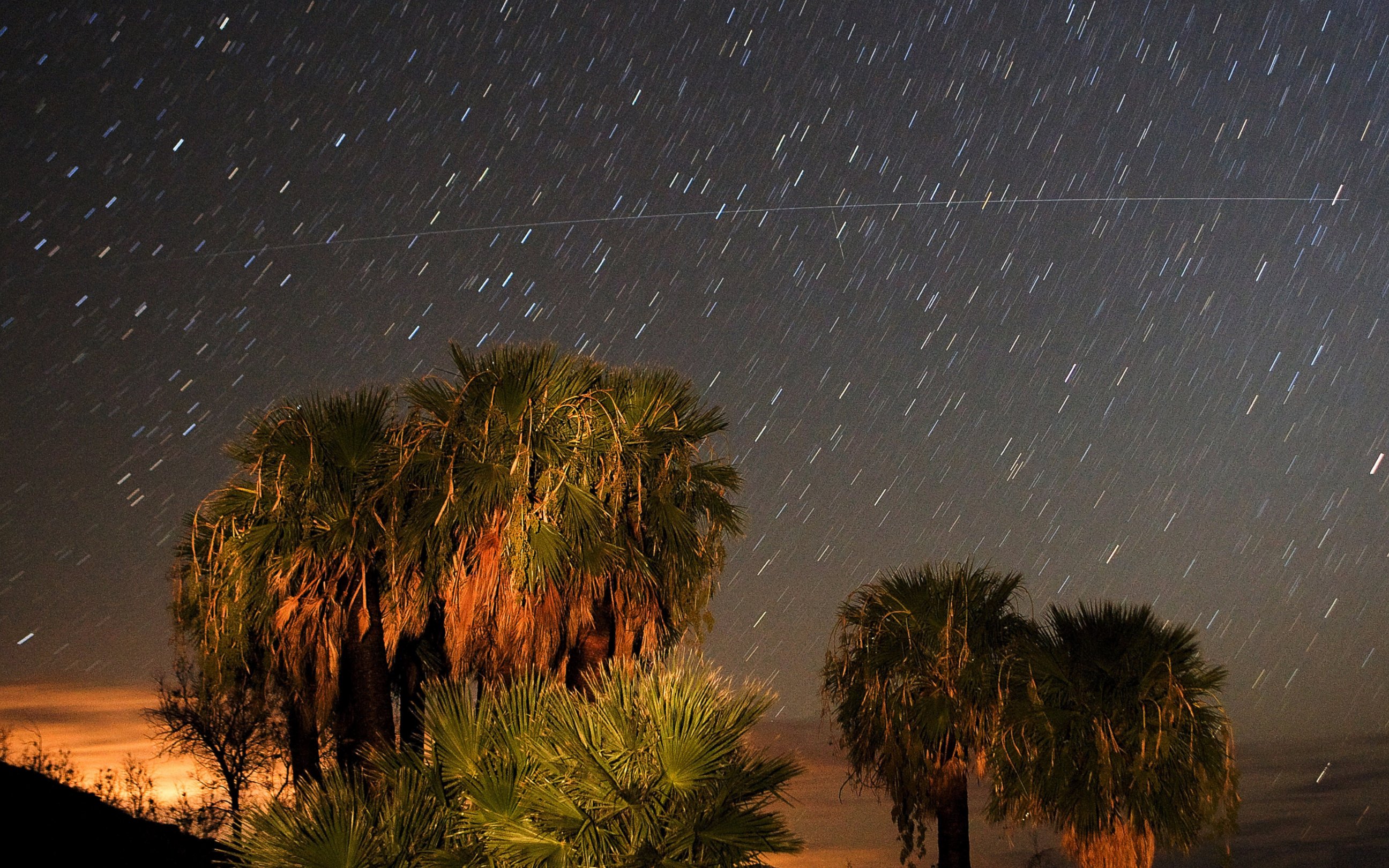Meteor Shower Could Put on a Dazzling Show in the Sky
Get the blanket ready! All the details of where and when to watch.
May 21, 2014— -- Want to see a bunch of old dust light up the sky this weekend?
An exquisite shower of stars dubbed the May Camelopardalid may put on a never-before-seen spectacle that has the potential to rival the Perseid meteor shower of August, according to NASA.
Every year in August, the Earth passes through the orbit of a comet called Swift Tuttle, and we see meteors streaking across the night sky as pieces of debris from the comet enter the earth's atmosphere at more than 100,000 mph and burn up. The Perseid can be seen during the last week of July or first week in August.
If scientists' most optimistic predictions come true, the meteor shower this weekend could be just as spectacular -- if not, even better.

Final Frontier: Space Pictures From Far Reaches of the Universe - See the Photos
There's also the possibility it could be a complete bust.
However, in the interest of not missing out on something potentially great, we have you covered on all the details.
What in the world is going on?
Earth is expected to come into contact with multiple streams of debris ejected from the faint comet 209P/LINEAR, which crosses into Earth's orbit around the sun approximately once every five years.
The streams of dust that could splash across the sky date back as far as the 18th century, according to a guide from NASA.
When to Watch
The shower is expected to be at its peak between 1 a.m. and 3 a.m. CDT on Saturday, May 24, according to NASA.
Where to Watch
North America is a great spot to watch the cosmic shower, granted there are clear skies. NASA recommends finding a safe, dark location to lay beneath the stars. Why not find a nice patch of grass, bring a blanket and whip out a midnight snack to make the most of the moment?
If bad weather is a problem or you'd rather stay indoors, check out NASA's chat and live stream here.



